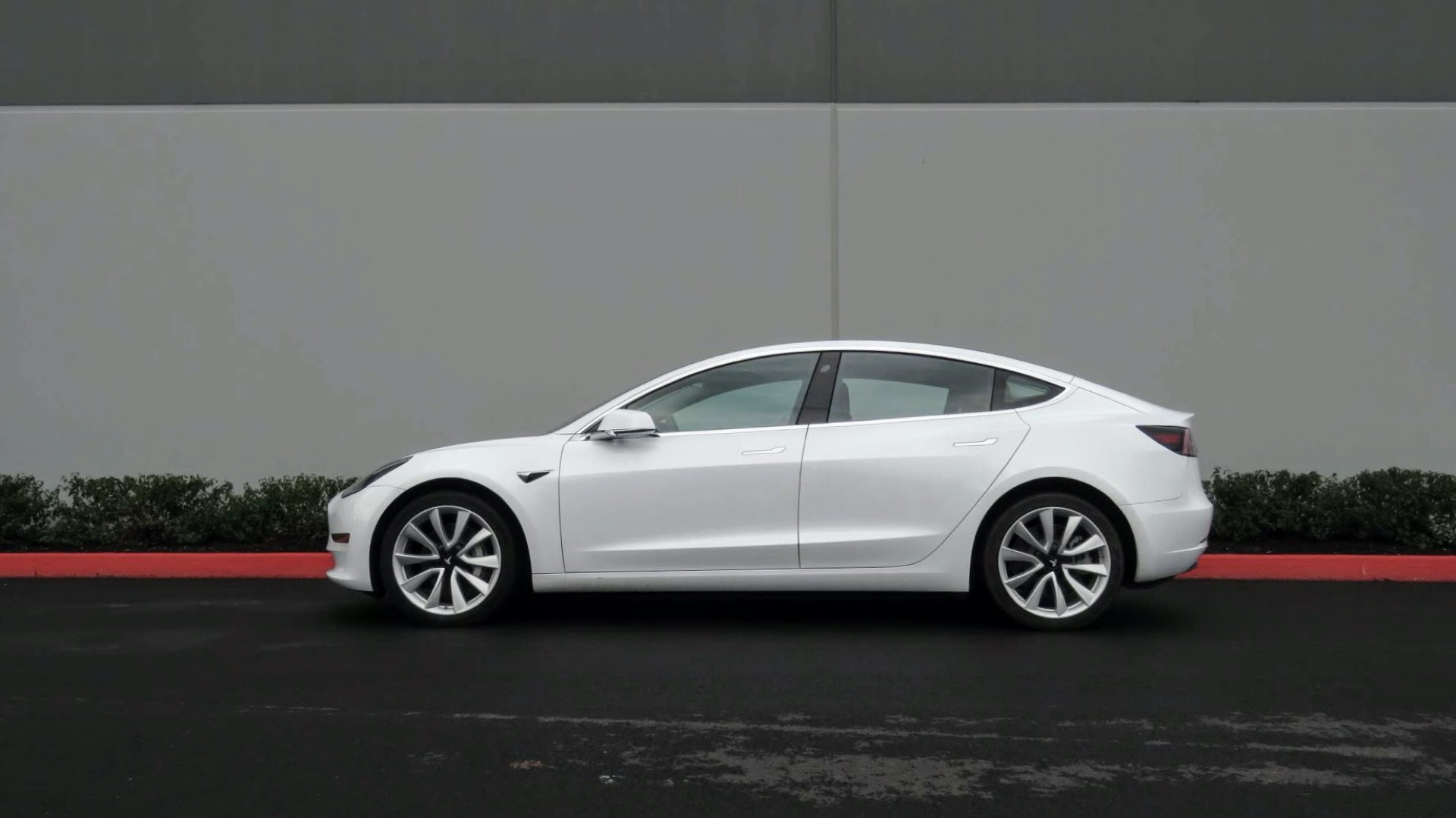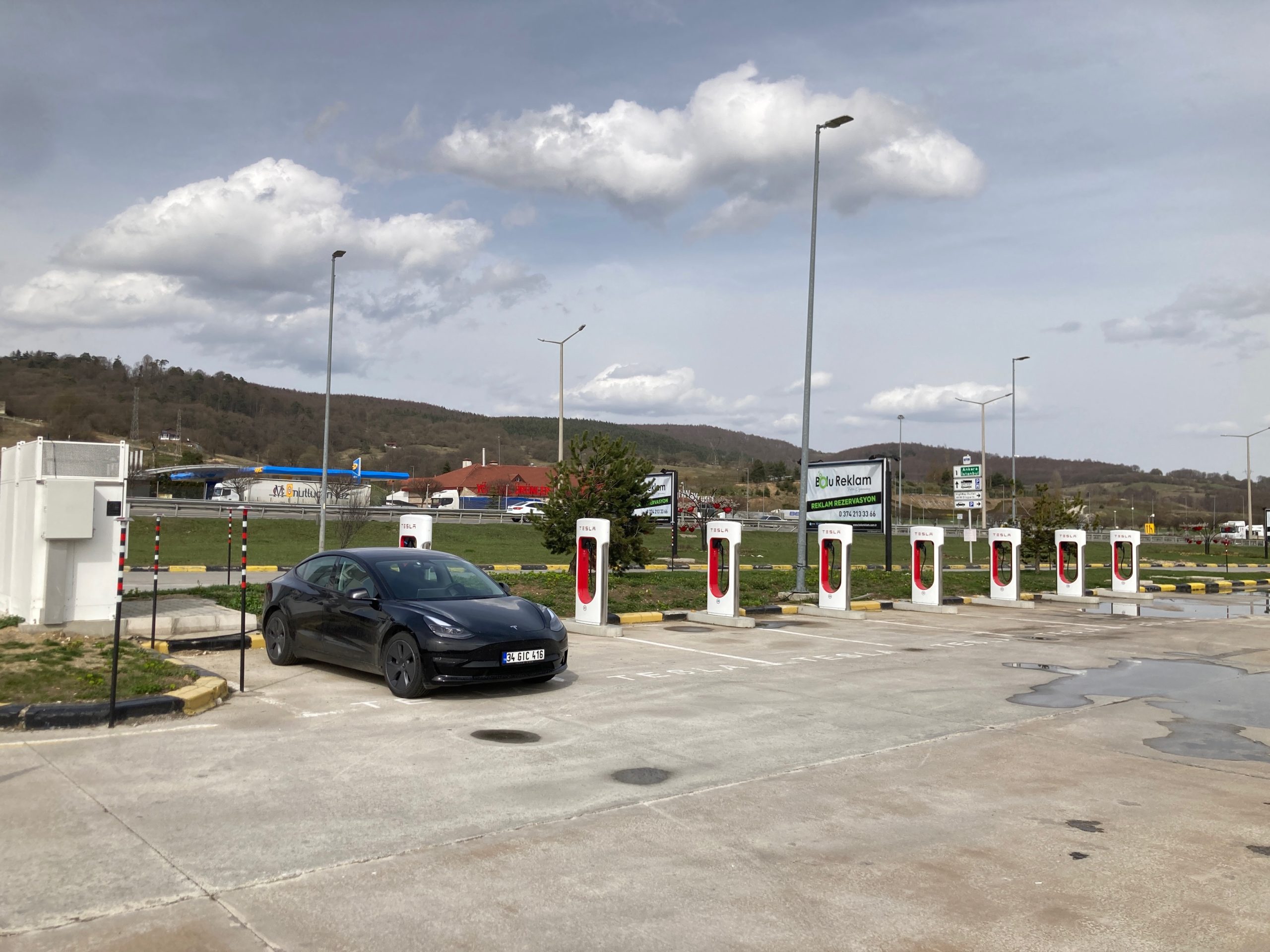The advantage is that the car plugs into household current at home and then can run a certain number of miles as a pure EV. Our Honda Clarity goes 35-45 miles depending on the usual variables- speed, temperature, load- then automatically (or by driver choice) starts it's ICE motor and continues on as a traditional hybrid, using some electric boost and getting reclaimed power from braking.What are the advantages and disadvantages of plug-in hybrids compared to traditional hybrids?
The only disadvantage I can see is there is some weight involved in toting around the larger battery pack. The car draws about the same power as a toaster. It's 17kWh battery takes up to 10 hours to charge from 0%.
Our car easily handles our day-to-day, around town driving 100% on electrons and the only time we burn any gas is when we take a highway trip. If we wish, we can charge at a commercial charger, but we don't need to. It can also charge the hybrid battery from the ICE, but it really sucks the gas if we select this.
Overall, from new, almost 5 years (60,000 mi) it has come in at 60 mpg average.
Jim
Last edited:




